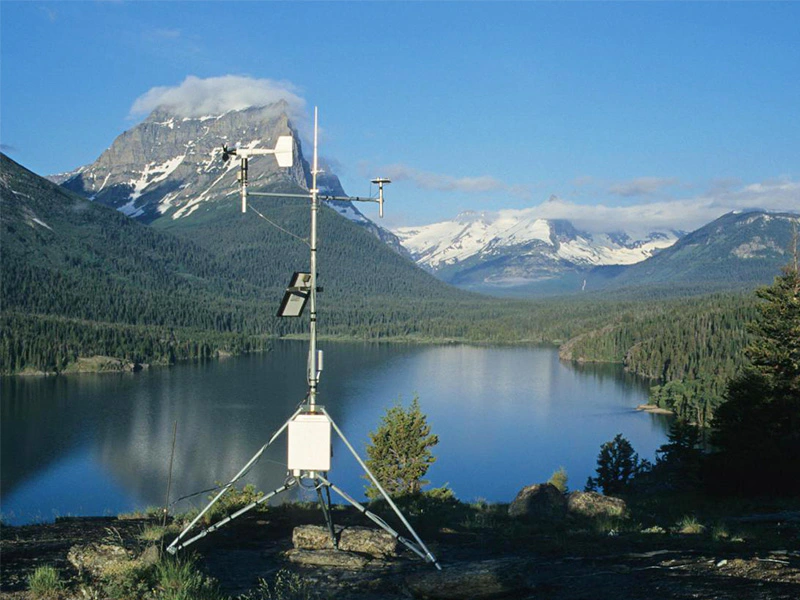Meteorological Station: Monitoring Weather and Climate Data

# Meteorological Station: Monitoring Weather and Climate Data
## The Importance of Meteorological Stations
Meteorological stations play a crucial role in collecting and analyzing weather and climate data. These facilities are essential for understanding atmospheric conditions, predicting weather patterns, and studying long-term climate trends. From small rural outposts to sophisticated urban installations, meteorological stations form the backbone of weather monitoring systems worldwide.
## Components of a Modern Meteorological Station
A standard meteorological station typically includes several key instruments:
– Thermometers for measuring air temperature
– Barometers for atmospheric pressure readings
– Hygrometers to determine humidity levels
– Anemometers for wind speed and direction
– Rain gauges to measure precipitation
– Pyranometers for solar radiation monitoring
Advanced stations may also feature ceilometers for cloud height measurement, visibility sensors, and soil temperature probes.
## Data Collection and Transmission
Modern meteorological stations employ automated systems that collect data at regular intervals, typically every minute or hour. This information is then transmitted to central databases via:
– Landline connections
– Cellular networks
– Satellite links
– Radio transmission
The collected data undergoes quality control checks before being used for weather forecasting, climate research, or agricultural planning.
## Applications of Meteorological Data
The information gathered from meteorological stations serves numerous purposes:
### Weather Forecasting
Real-time data from stations helps meteorologists create accurate short-term weather predictions and severe weather warnings.
### Climate Research
Long-term data sets from stations contribute to our understanding of climate change and help identify trends in temperature, precipitation patterns, and extreme weather events.
### Agricultural Planning
Farmers rely on meteorological data to make decisions about planting, irrigation, and harvesting schedules.
### Aviation Safety
Airports maintain meteorological stations to provide pilots with up-to-date weather information crucial for flight operations.
## The Future of Meteorological Stations
Technological advancements continue to improve meteorological station capabilities:
– Miniaturization allows for more compact and portable stations
– Improved sensors provide higher accuracy measurements
– Integration with IoT (Internet of Things) enables better data sharing
– AI-assisted analysis helps identify patterns in complex data sets
As climate change becomes an increasing concern, the role of meteorological stations in monitoring and understanding our changing environment grows ever more vital. These stations will continue to be at the forefront of weather and climate science, providing the data needed to make informed decisions about our planet’s future.
Keyword: meteorological station